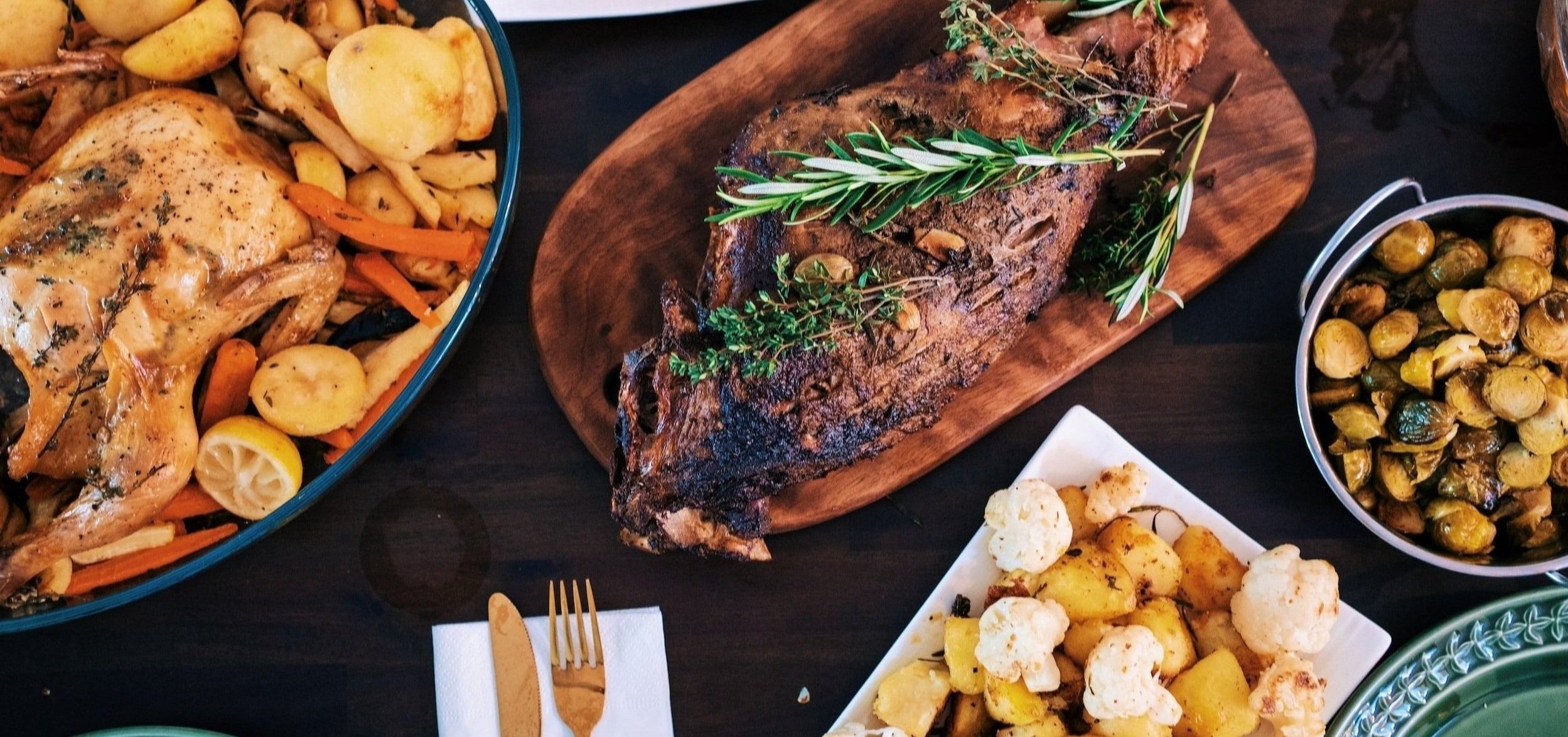
NOVEMBER 2022 CHEESE CLUB
WINE CLUB | CHEESE CLUB
ALL CLUB MEMBERS GET TO ENJOY THESE 3 CHEESES:
Villa Segreto | The Netherlands
Pasteurized cow’s milk
First up, we have a young gouda from Holland that’s loaded with warm spices like clove, cinnamon, cardamom, cumin, pepper, and ginger. It’s a stunner on a cheese board, and it’s perfect for your Thanksgiving cheese line-up.
From this month’s wine club lineup, this cheese pairs well with: 2020 Dr. Loosen Red Slate Riesling Trocken
Bleu d’Auvergne | Auvergne, France
Pasteurized cow’s milk
This blue is the best friend next door, with notes of sweet cream, mineral, good salinity, and a fudgy texture.
Try it with: 2021 Domaine Dupeuble Beaujolais Rouge, or a dessert wine like Sauternes you’ve been stowing away for the perfect occasion
Buenalba al Pimentón | La Mancha, Spain
Raw sheep’s milk
This cheese is made similarly to Manchego, though the curds and surface are treated with sweet and smoked paprika. It has a substantial texture, and it’s an aesthetically pleasant addition to your Thanksgiving fare.
Try it with: 2020 Ca' del Baio 'Paolina' Barbera d'Alba
6-CHEESE MEMBERS ALSO GET TO ENJOY THESE 3:
Tomme Corse au lait de Brebis | Corsica, France
Raw ewe’s milk
This natural-rinded tomme comes to us from Corsica, the French island that’s rugged and brambly — a perfect browsing situation for sheep and goats. Besides a silken but chewy paste, you’ll note hints of flowers, herbs, and an undeniable nuttiness that’s associated with ewe’s milk. It’s rare to find Corsican fromage in the U.S., so this is an utter treat.
Try it with: 2018 Pere Mata Brut Nature Cava
Petit Pomerol | Massif Central, France
Raw cow’s milk
Next up we have this cooked, unpressed, natural-rinded truckle. The cows gleefully graze on grass sprouting from volcanic soils, which imparts a distinct minerality into the cheese. Due to a refrain from pressing the curds (a means of expelling the whey), this cheese is moist with a supple texture and buttery note, followed by a hint of grass and a waft of creme fraiche.
Try it with: Nicchia Lambrusco di Modena
Chevretta | Holland
Pasteurized goat’s milk
Now we’re wrapping up with a sweet and salty Gouda from Northern Holland. These goats binge on a balanced diet of grasses, flaxseed, and straw, giving us rich, high-quality milk for cheese production.
Try it with: 2020 Halozan Red Blend
AND SOME TIPS TO KEEP YOUR CHEESE HAPPY AT HOME
Protect your cheese from drying out by keeping it in your fridge in a lidded container (like tupperware), a plastic baggie, or the crisper drawer.
After opening, always use fresh plastic wrap for any cheese you’re not planning to eat within a day, unless it’s being kept in a container (which we recommend).
In general, we suggest eating your cheese within a week or so of purchasing. Some cheeses will last longer, but, you know, why wait!
Keep bloomy rinds and blues separated when possible. The molds are quite zealous and will grow on any cheese they can latch onto, so just keep them in separate containers and you’ll be fine.
A word about mold: If it’s growing on your semi-firm or firm cheeses, just cut it off and eat it! This white and blue mold is just fine — these cheeses lack the water to host the nasty molds. But if mold is growing on your fresh mozzarella, feta, cream cheese, or fresh chèvre, throw it out. The amount of water in these cheeses provides a great environment for the nasty stuff. If you start to see mold, you can be sure that the filaments are already running throughout the cheese :(
For the best flavors, take your cheese out of the fridge for an hour or so before serving. When cheeses are too cold, all their delicious flavors, aromas, and textures get shy. Serve at room temperature to enjoy to the fullest.
This month’s cheese was carefully curated by Seattle’s Resident Cheese Lady, Rachael Lucas, ACS CCP, CCSE. Rachael is a cheese buyer for the Ballinger Thriftway in Shoreline, a fromage writer for tastewashingtontravel.com, and she’s on the Board of Directors for WASCA (Washington State Cheesemaker’s Association).
